Exploring the World's Eco-Friendly Paradises
Welcome to our home base for slow, sustainable wanderlust. Today’s chosen theme is Exploring the World’s Eco-Friendly Paradises—where wild biodiversity, thoughtful design, and community-led stewardship invite you to travel gentler, feel deeper, and stay curious. Subscribe, comment, and help us map the planet’s greenest escapes.
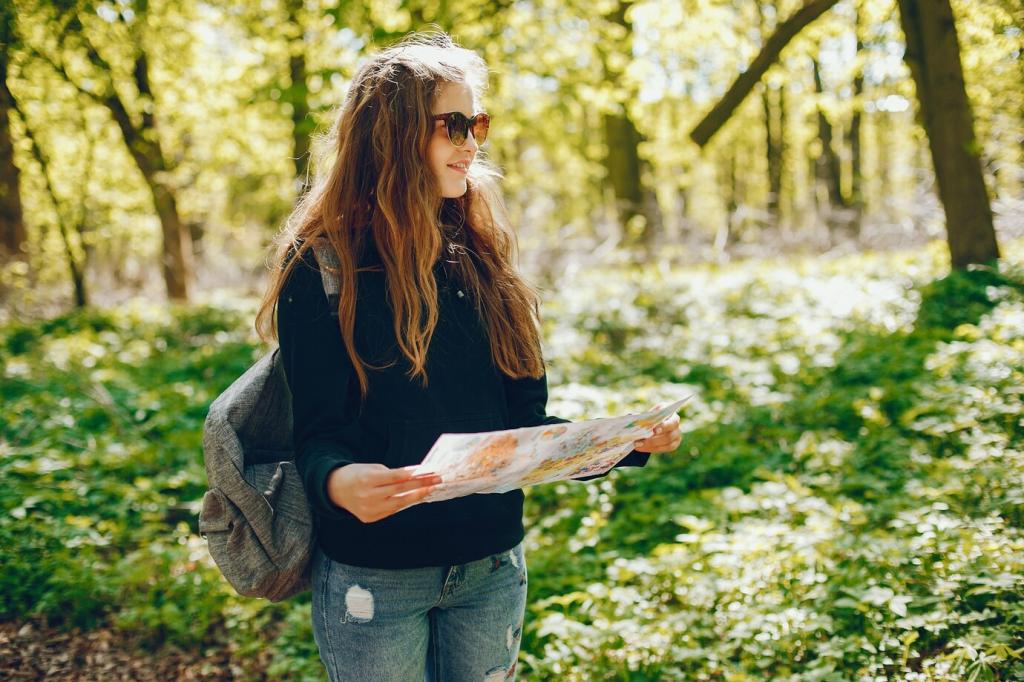
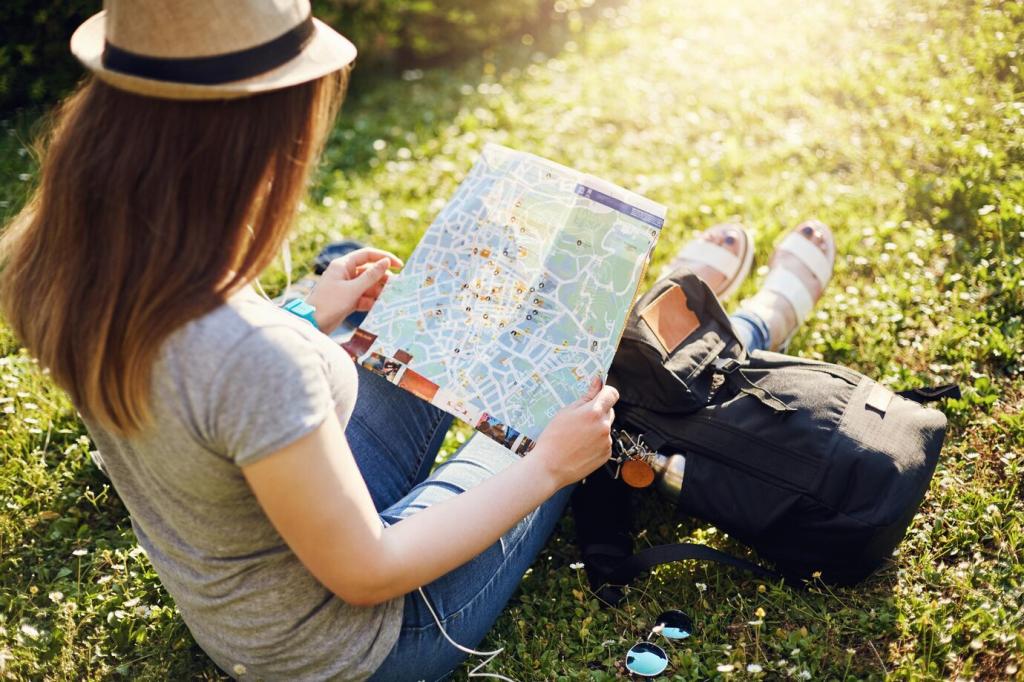
What Makes a Place an Eco-Friendly Paradise?
An eco-friendly paradise hums with endemic life protected by science-backed management. Think Costa Rica’s Osa Peninsula, Madagascar’s spiny forests, or Raja Ampat’s reefs, where wildlife corridors, seasonal closures, and ranger patrols keep fragile populations resilient.
What Makes a Place an Eco-Friendly Paradise?
Low-impact lodges use elevated boardwalks, native materials, and renewable microgrids to reduce disturbance. In the Azores and Iceland, geothermal heat replaces diesel, while rainwater harvesting and dark-sky lighting protect aquifers and nocturnal species without dimming guest wonder.
Slow Journeys Through Fragile Edens
At sunrise in Sian Ka’an, our paddle barely rippled tannin-stained water while a guide traced arrowroot leaves. A manatee surfaced like a held breath. We packed out everything, including stories, and left only friendship with the lagoon.
Slow Journeys Through Fragile Edens
Crossing Norway’s Nærøyfjord on an electric ferry, silence replaced engine drone. Waterfalls stitched silver seams down green walls, porpoises surfaced, and crew explained shore-power charging. Everyone whispered, as if the glacier’s old light requested gentleness—and we listened.
Slow Journeys Through Fragile Edens
In Haa Valley, our host defined prosperity by forests standing and neighbors thriving. Over buckwheat pancakes, we learned Bhutan’s policies prioritize Gross National Happiness, not unchecked growth, reminding us paradise is governance, culture, and kindness woven together.
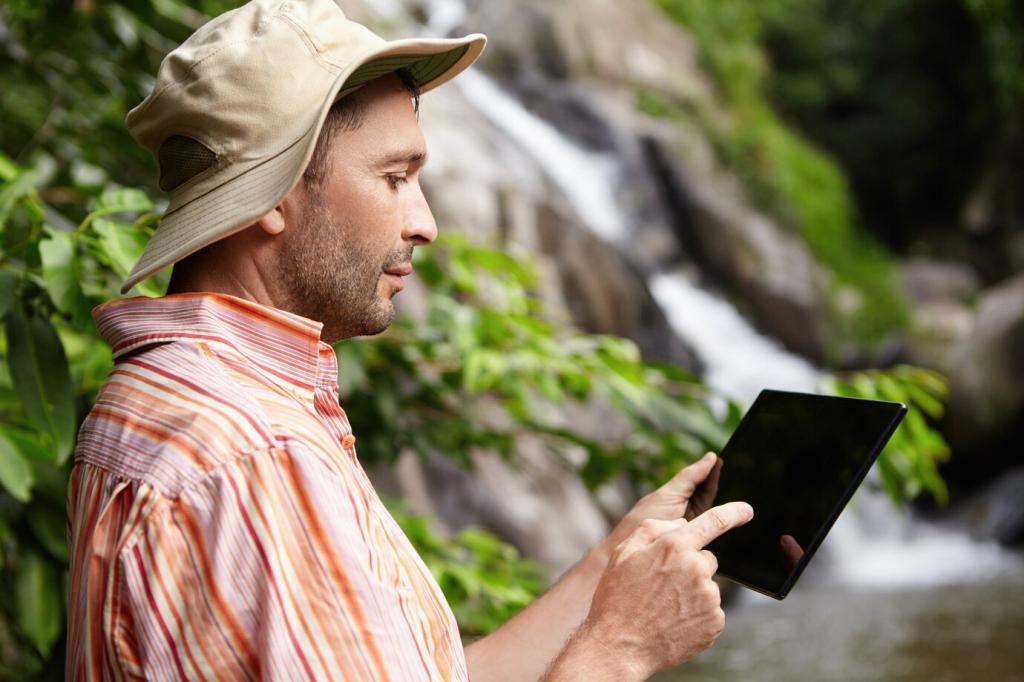

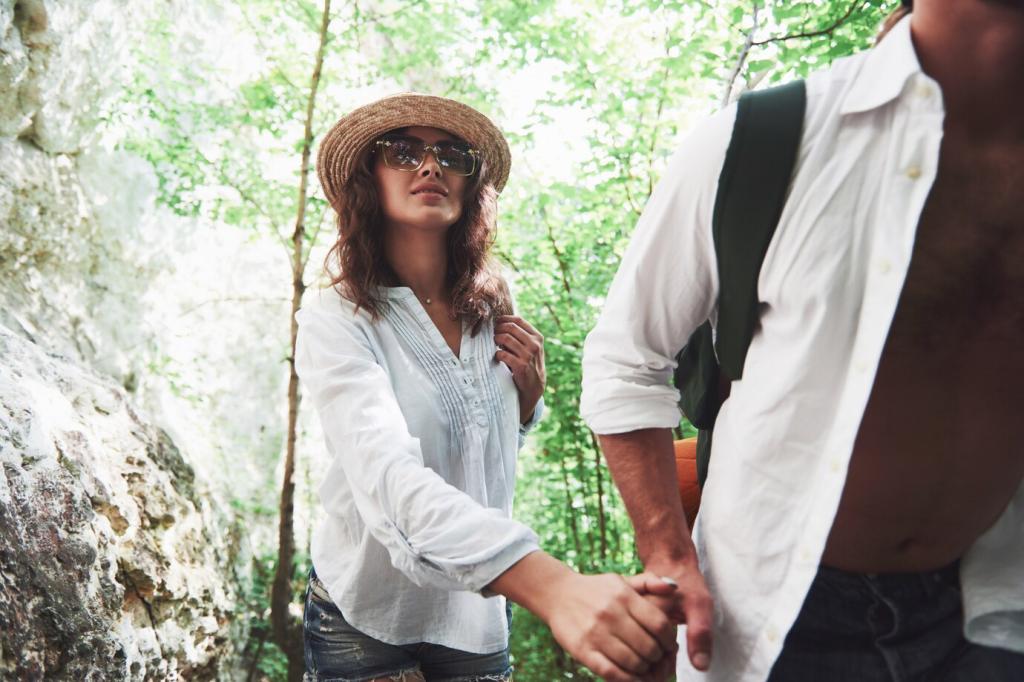
Paradises Leading the Way
Palau stamps a pledge into every passport, legally binding visitors to protect reefs, respect wildlife, and support local livelihoods. From sunscreen bans to mooring buoys, the nation sets a global standard without losing its warmth or underwater brilliance.
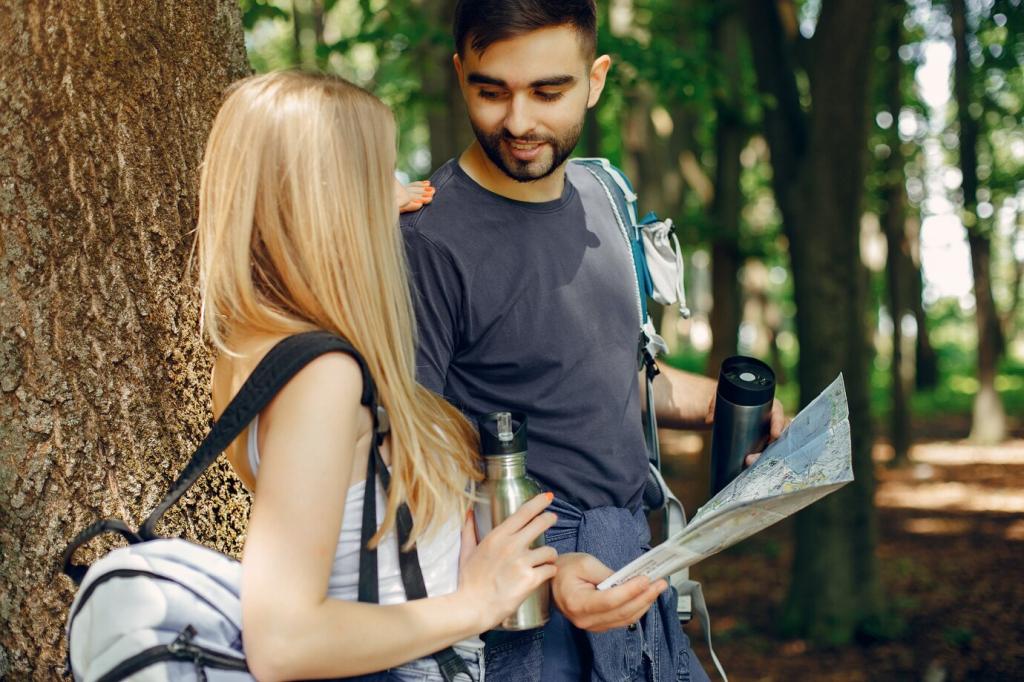
Taste the Planet Kindly
Seek menus built around native crops, agroforestry cacao, and seasonal abundance. Lodges with permaculture gardens reduce freight, compost scraps, and teach guests to identify edible leaves, turning dinner into a delicious class on resilience and local sovereignty.
Taste the Planet Kindly
Ask how fish were caught, who benefits, and what’s seasonal. Support small-scale, hook-and-line fisheries, avoid vulnerable species, and look for credible certifications. Your questions shift demand, funding reef recovery while keeping coastal cultures working on their waters.
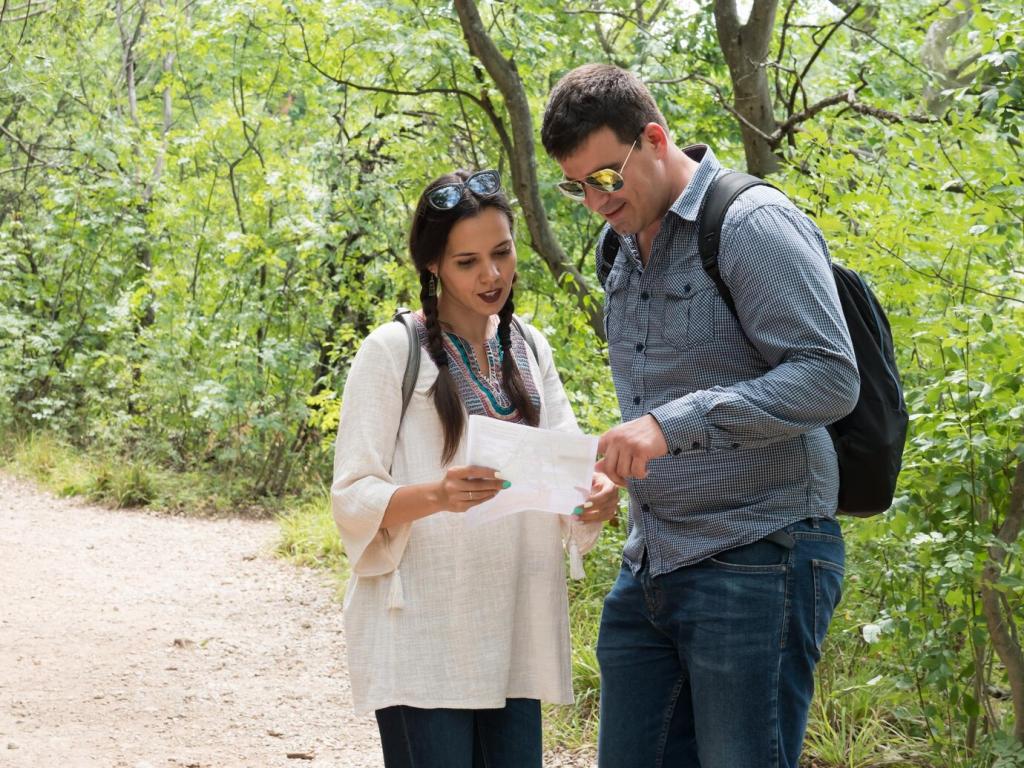
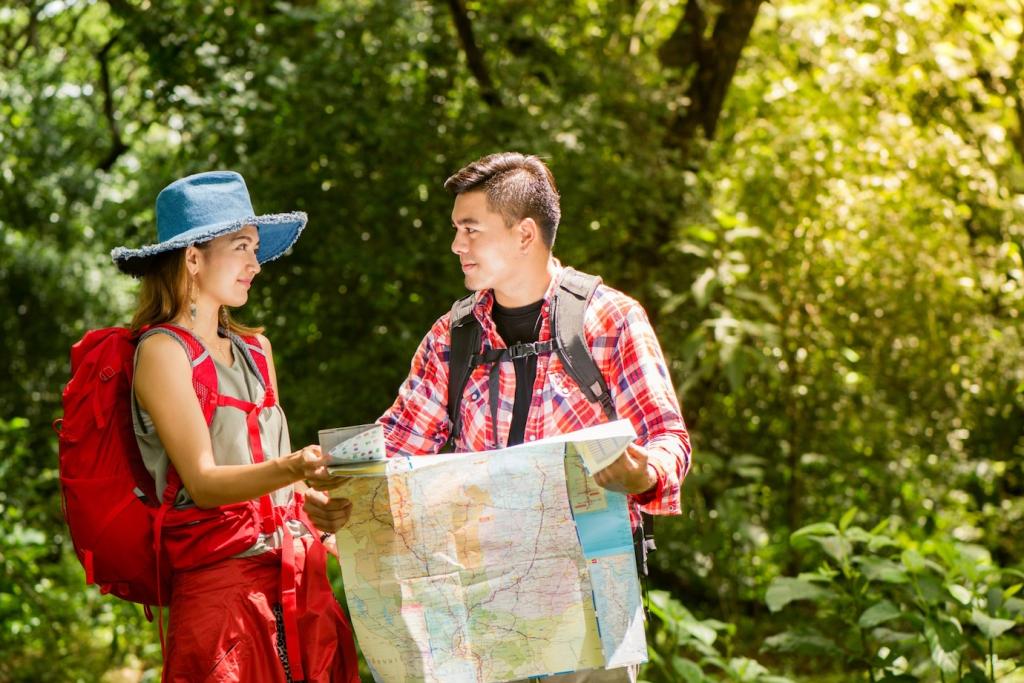
Protecting What You Came to See
Stay on marked paths, keep fins and hands away from coral, and never chase animals for selfies. Coral contact kills polyps; trampling damages roots. Patience rewards you with natural behavior, better photos, and a cleaner conscience to match.
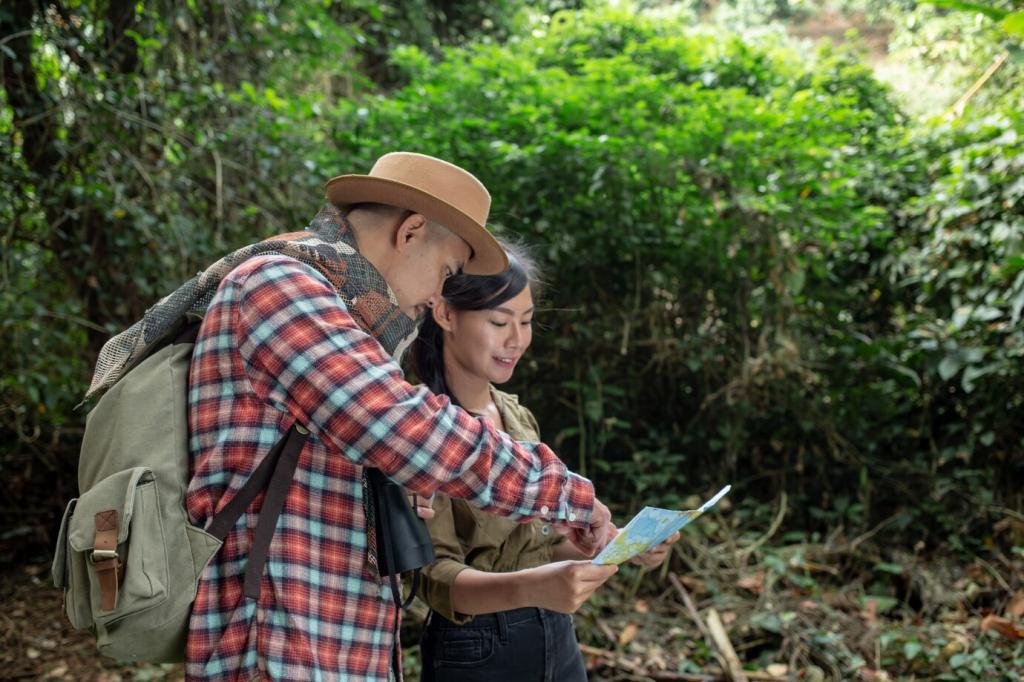
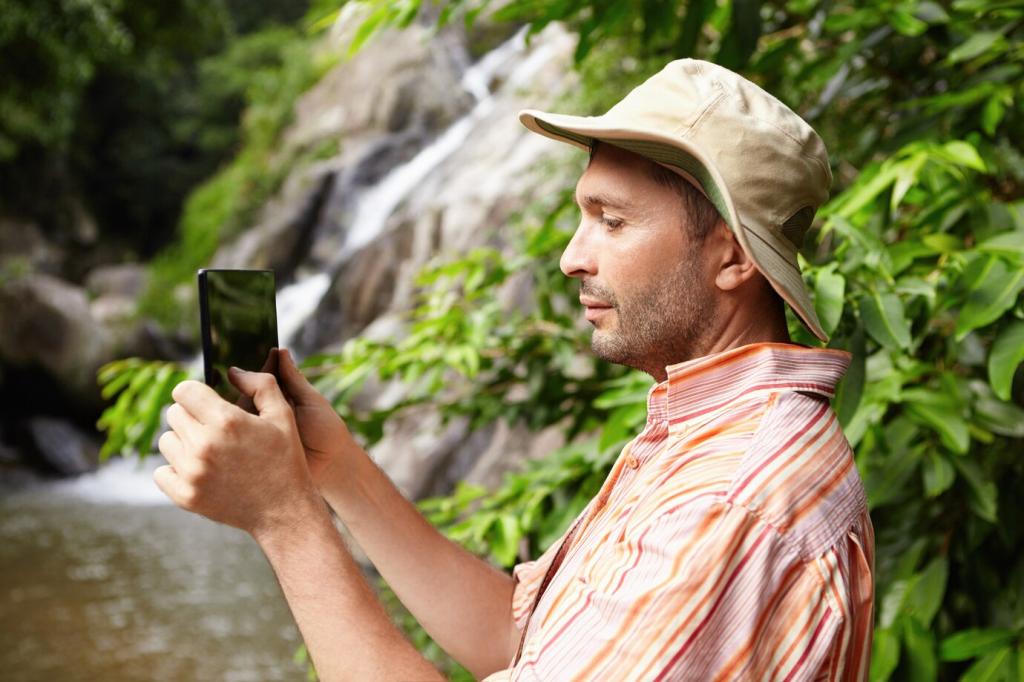
Protecting What You Came to See
Ask consent before portraits, skip drones in sensitive sites, and dim screens on turtle beaches. Avoid nesting cliffs, feeding spots, and breeding seasons. Share images that champion habitat health, not proximity, and credit local guides who made moments possible.
Get weekly dispatches from rainforests, reefs, and mountain sanctuaries—gear tips, route ideas, and interviews with local stewards. Subscribe now, reply with your questions, and help shape the destinations we feature next.

